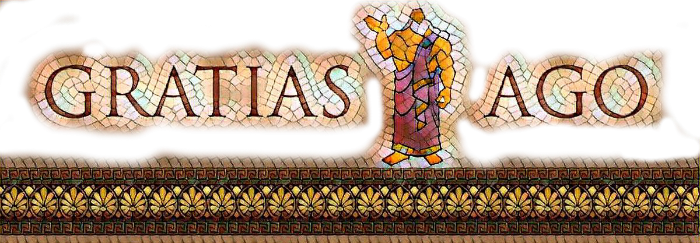Neptunus, known as the Roman god of the sea, freshwaters, and horses, holds a prominent place in the pantheon of ancient Roman deities. Often associated with the Greek god Poseidon, Neptunus embodies the primal forces of water and its life-giving, as well as destructive, power. His influence extends to the domain of naval ventures, the well-being of seafarers, and the taming of horses, which he is said to have created. In modern practice, Neptunus is revered for his connection to the natural elements and the balance they bring to life.
Practitioners honor him through rituals, offerings, and festivals such as the Neptunalia, a celebration that traditionally took place in July to seek his favor and protection during the dry summer months. His worship is rooted in the acknowledgment of water’s essential role in sustaining life and the respect for its ability to shape the world.
Neptunus is often depicted with a trident, a symbol of his authority over the seas, and accompanied by sea creatures, embodying the mysteries and depths of his domain. Through devotion to Neptunus, practitioners seek to harmonize with the natural rhythms of water and the transformative power it represents, ensuring balance, vitality, and renewal in their spiritual and physical lives.
Why worship Neptune
Devotion to Neptunus allows practitioners to honor and reflect on the balance between humanity and nature. By venerating him, followers acknowledge the gifts of the waters that nourish the land, enable travel, and foster exploration. Neptunus also inspires respect for the unpredictable, reminding worshippers of the awe-inspiring power of the sea, which can bring both prosperity and destruction.
Neptunus’ domain includes not only the waters but also horses, creatures symbolizing strength, freedom, and mastery over nature. His worship therefore resonates with those seeking guidance in harnessing their inner power, navigating challenges, and embracing opportunities for growth.
Through offerings, rituals, and reflection, worshipers of Neptunus seek his blessings for safe travels, bountiful harvests, and harmony with the natural world. Honoring him fosters gratitude for the sustaining forces of life and encourages a mindful relationship with the environment, making his veneration a meaningful practice in both ancient and modern contexts.
The Collegium Arae Neptuni is a modern organization dedicated to the worship and veneration of Neptunus, the Roman god of the sea, freshwaters, and horses. Rooted in the traditions of ancient Roman religion, the Collegium seeks to revive and sustain the spiritual practices associated with Neptunus, adapting them to contemporary contexts while maintaining their historical integrity.
The Collegium emphasizes the importance of water as a sacred and life-giving element. Through ritual observances, offerings, and seasonal celebrations, members honor Neptunus’ role as a protector of waters, a patron of seafarers, and a symbol of transformation and renewal. Key events include the modern adaptation of the Neptunalia, traditionally held in mid-summer, where participants gather to celebrate water’s vital role in sustaining life and ensuring balance in nature.






